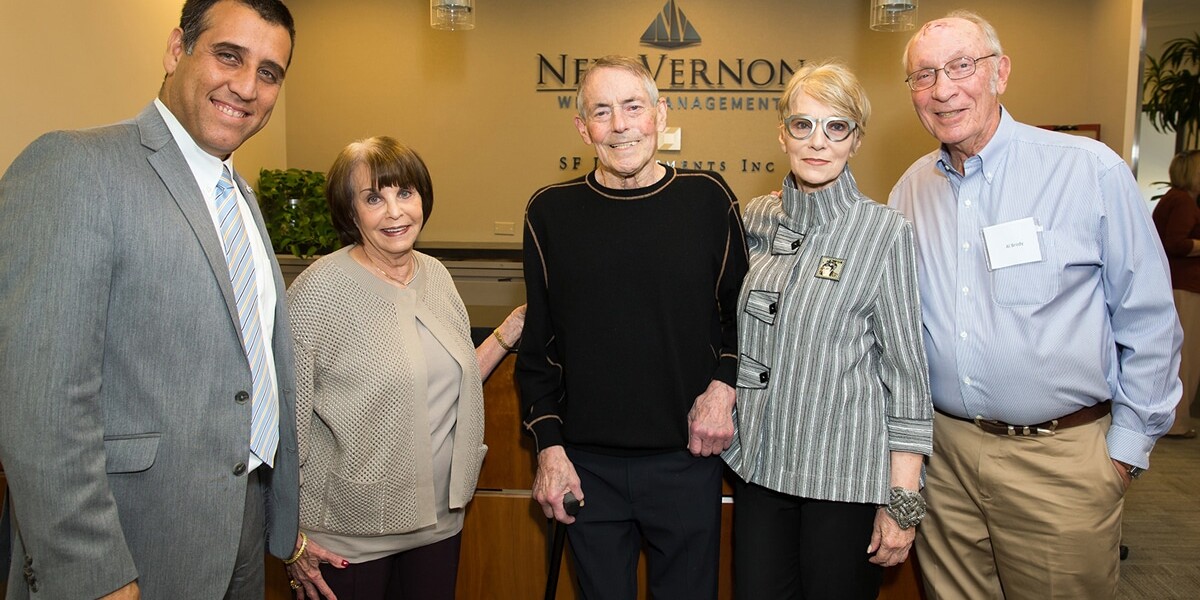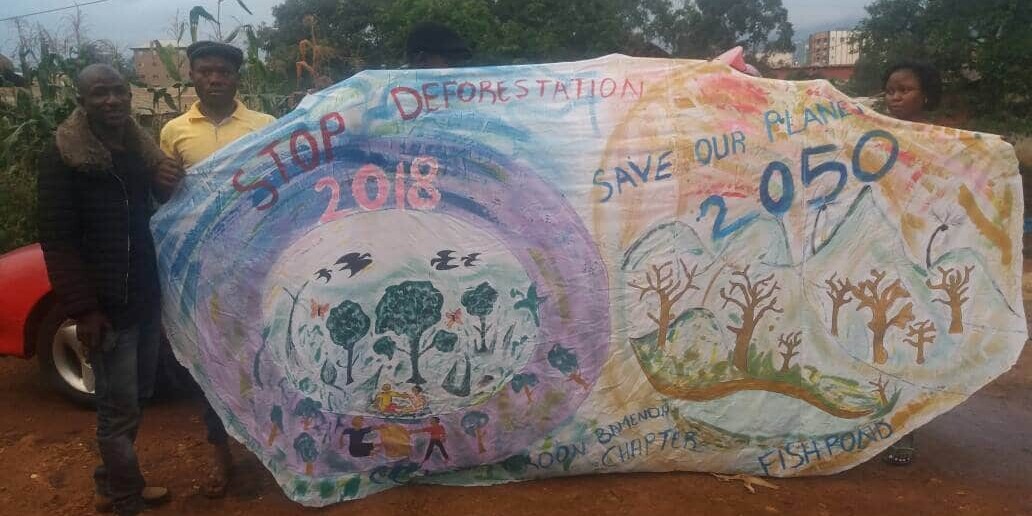In recent weeks, the threats to the Commission of Women Victims for Victims team (KOFAVIV), and the women whom they serve have only become more treacherous in the face of increased gang violence, and shootings. Nearly two dozen women have been assaulted in the brewing climate of political instability with half that number still stranded at KOFAVIV’s office space awaiting relocation to safer environments.
[quote]”Emergency support from the Goldin Institute is the only way we can get these women out of harms way right now. Fights between armed groups have been going on for some time, but this week is worse than normal. We know there are many more women are unable to come to our office or get taken by us to hospitals.”[/quote]
Fourteen years since co-founding Haiti’s Commission of Women Victims for Victims, or KOFAVIV in its Creole acronym, Malya Villard is now living in Philadelphia, having been forced to leave her country for her own safety. The longtime Goldin Institute Global Associate has now received a “Green Card” allowing her to live and work in the United States legally, but even with that good news, her heart and mind still long for Haiti and the work of KOFAVIV.
Based now in Philadelphia, Malya’s access to verifiable information isn’t as consistently available as before but she remains in touch with the team in Port au Prince daily. In effect, KOFAVIV is now operating a under a siege with no obvious relief in the near future. “It’s always a matter of securing attention for our condition and monies to ensure safety and support for affected women,” she explains. “The struggle is about holding those committing the violence and shootings at bay, away from our women. The kids are always the ones who suffer the most in these times.”
The most recent global headlines from Haiti have been focused on ever-widening sex scandals involving aid workers with Oxfam UK and now Save the Children implicated in the sexual exploitation of civilian Haitian women and girls to whom the aid workers were supposed to provide humanitarian assistance. Against that unseemly backdrop, the remaining staff and leaders of KOFAVIV continue to provide security and also respond to survivors of sexual violence.
Though thousands of miles away, Malya has not ceased to be a resolute spokesperson for KOFAVIV and advocate for the well-being of Haitian women. From her perspective, the last six months in particular have been especially challenging. “Things are not going too well,” Malya notes by phone one early Saturday morning before going to work in Philadelphia.
[quote]“I may not be there in person with my sisters, but we are on the phone constantly. We coordinate every day. Women are still being victimized, and struggling for everyday survival.”[/quote]
A signature program of KOFAVIV are the male security patrols, trained and gender-sensitized men who go out in teams in urban and rural areas as well as pockets of displacement throughout the country to provide safe passage as well as accompaniment to Haitian females. The program started in partnership with the Goldin Institute shortly after the 2010 earthquake. “They’re still being trained and are motivated to do the work,” observes Malya. “The male patrols and the KOFAVIV staff are working. Though the men are most often without any funding, they continue to train, patrol and remain active in the community because they still have families, and family members who are risk of assault, or worse.”
As the humanitarian and development situation in Haiti has drifted further from the public conscience over the past several years, so has the stream of monetary assistance. “The money we used to receive just isn’t coming in anymore,” she laments. “Our only support, consistently, is from the Goldin Institute.”
The Goldin Institute gratefully acknowledges the ongoing support of our partners like the Flordia Chapter of World Wings International who help empower the work of Global Associate Malya Villard Appolon and her team at KOFAVIV.
According to Medecins Sans Frontieres, four out of five people who seek help at its Pran Men’m clinic in Haiti are survivors of rape and sexual assault. An average of 80 sexual violence survivors are seen there per month. Only since 2005, the year of KOFAVIV’s founding, has rape been a crime in Haiti.
Just as reliable lines of communication are still elusive across that nation, KOFAVIV’s team is managing to operate without office phones, though the organization still maintains an office and can use online video communication services. As female victims of sexual violence, assault, and other interpersonal crimes still come to KOFAVIV for assistance, the team now uses their personal phones to receive messages and coordinate the response. Additionally, KOFAVIV team members proactively go to the hospitals and do intake themselves for people coming for treatment and aid, then transport them back to the KOFAVIV offices for continued support.
As Malya identifies them, the three main struggles impacting KOFAVIV and organizations like it serving Haitian women at risk of violence are: lack of financial resources; often unreliable communications via phone and Internet; and a lack of physical space to house victims.
Despite the obstacles, Malya and her colleagues insist they cannot stop.
[quote]“I was one of those victims. I was a victim, two of my children were victims, and we didn’t find our justice. So, I nor my agents at KOFAVIV will not stop until we find justice for all of the women we help.”[/quote]






